‘Initiatives must not be an excuse to play with fire‘
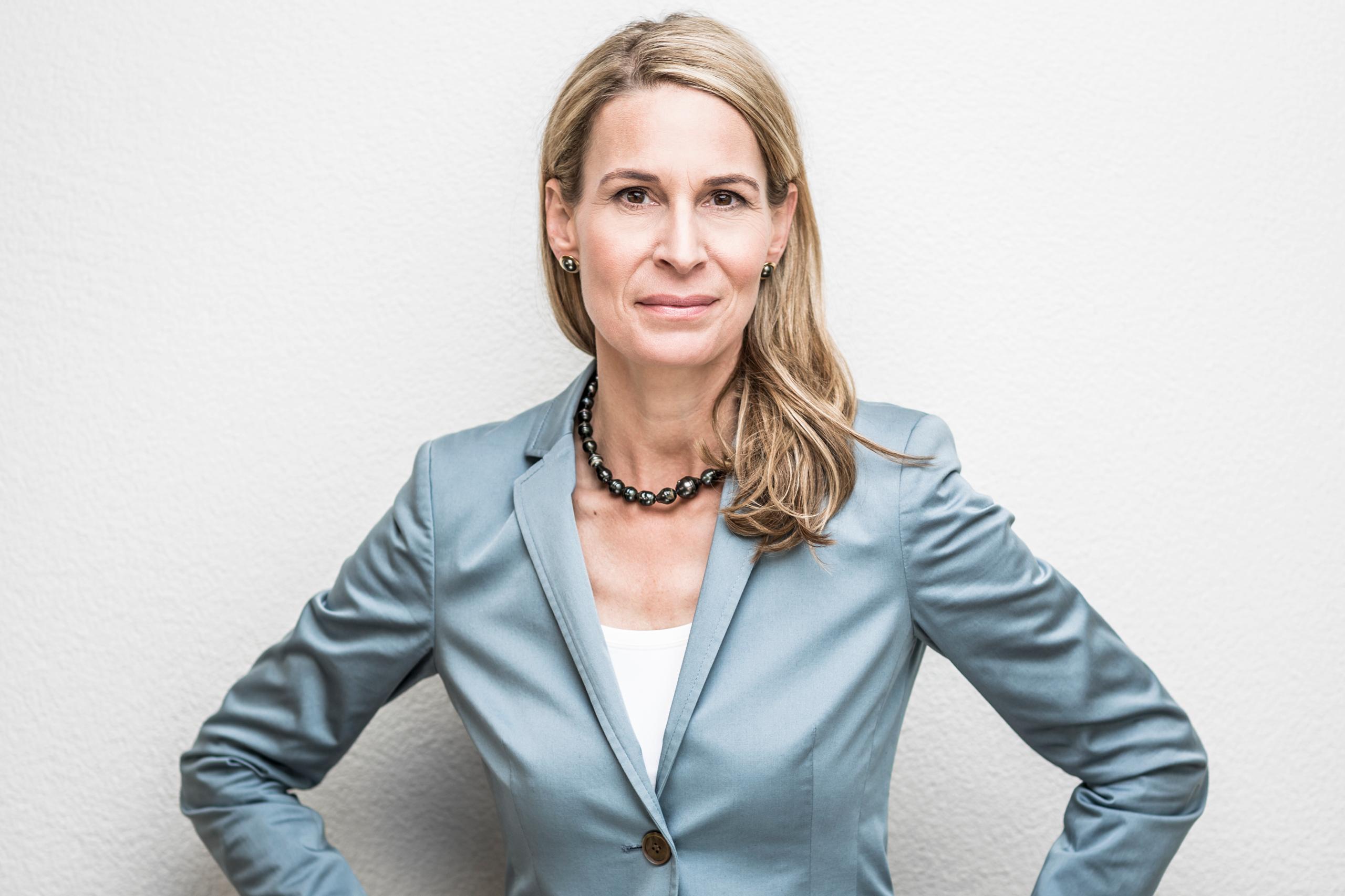
Idealising the sovereign rights of the people is taking its toll on Swiss democracy, says philosopher Katja Gentinetta. Many disgruntled voters are not aware of the political impact of controversial initiatives approved at the ballot box.
She argues that political and economic developments, notably a trend towards globalisation over the past 20 years, have changed Switzerland’s political culture.
swissinfo.ch: Swiss citizens can decide on political issues more than any other in the world. Are you proud of this?
Katja Gentinetta: It is not a question of pride because I had no role in it. The right to vote and elect is a gift of history. It is something singular that deserves being acknowledged and taken care of by active participation.
swissinfo.ch: There is a strong trend among younger people to take an interest in vintage things and old values. Is the system of direct democracy, which gives the people the final say, – and which the rightwing Swiss People’s Party virtually declares as absolute – the transformation of this phenomenon into politics?
K.G.: On the contrary. This party is including the communication tools of the modern media society very consistently in its political work. It is not resorting to the past but using new possibilities. Traditional Switzerland is at the centre of course but this is another story…
swissinfo.ch: You have described voters’ approval of immigration curbs on February 2014 as a ‘tyranny of the minority’. How can a direct democratic decision become a ‘tyranny of the minority’?
K.G.: I meant the Swiss People’s Party, which is supported by only about 30% of voters. But with such initiatives it succeeds in in winning a majority – albeit an extremely thin majority.
This is one of the key issues of the system. Direct democracy depends on no single political party having absolute power but the need to find compromises with other parties.
The People’s Party, which is very successful at the moment, systematically aims for the majority, using problematic people’s initiatives.
swissinfo.ch: Why is the party so successful with its political power play against the government, parliament and other political players, which used to be decisive?
K.G.: The world has changed a lot in the past two decades that’s for sure.
Voters in 1992 rejected a proposal for Switzerland to join the European Economic Area – a halfway house of European Union membership. We live in a globalised world where borders and markets have become more open.
It is also a world where it is no longer possible to a separate domestic and foreign policy according to strict rules.
For a long time foreign policy used to be in the hands of the Radical Party, while the People’s Party dominated the agricultural issues. This is no longer possible nowadays with the World Trade Organization being the key player.
The People’s Party was most successful in going back to its grassroots. It has continually recruited personnel over the past two decades and sent it out to talk to the people. What’s more it has had great financial means to this day.
These 20 years have changed Switzerland’s political culture.
swissinfo.ch: What about the other parties?
K.G.: It would not be fair to put the ‘blame’ on the People’s Party only. The others also pursued a policy in their own interest. The questions are: Why are they weaker? Did they have the wrong methods? Was their profile too low? Or did they not have enough money?
The growing complexity in a globalised world did certainly play a part. People tend to be intimidated by it and become unhappy.
It is easier to play on fears in politics than to point out possibilities and new options.
swissinfo.ch: Figures show that Switzerland has done better than its European neighbours in a globalised economy following the 2008/09 financial crisis.
K.G.: Until that point the reasoning was ‘If it’s good for the economy it’s good for Switzerland’.
But this no longer applies since the state had to save the bank UBS from collapse, and voters approved of caps on excessive manager salaries.
These two developments have marked a turning point in Swiss politics and we still have not learned to cope with.
swissinfo.ch: Switzerland as a multi-cultural country has a democracy with a carefully-balanced system which ensures compromise, common sense, security, cohesion, stability and prosperity. Is it necessary to fine-tune this system of checks and balances?
K.G.: It is a fundamental question. I do not want to limit the system of direct democracy and even less abolish it.
Still, in my opinion a proposal by the former Federal Chancellor Annemarie Huber-Hotz is highly commendable for Switzerland: to go back to the roots of the initiatives.
The right to call for a constitutional amendment was introduced in 1891 to give those parts of society, which are not sufficiently represented in parliament and administration a way to influence politics. It was not meant as a tool for political parties in power.
I’d like to add the idea of a constitutional court even though it is something unimaginable.
The French political thinker Alexis de Tocqueville’s work, Democracy in America, [published in 1835 and 1840] remains a brilliant analysis to this day. He concludes that democracy is a wonderful institution as long as it has brakes built in. The constitutional court is such a brake that can stop such things, which he described as ‘tyranny of the majority’.
swissinfo.ch: When exactly is this brake supposed to apply?
K.G.: Certain principles are non-negotiable according to the constitutional court.
The Swiss system suffers from an idealisation of the principle that the people are sovereign. It is taken for granted that the people can and must have the final say on everything.
The discussion currently focuses on whether national or international law should be given priority.
This is ultimately the question. Can we and should we vote democratically on human rights and how can they be applied.
The limits have been reached in the debate. We need such limits to agree on the basics in our society.
swissinfo.ch: You are saying that consensus and compromise are no longer the cornerstones of Swiss politics. Instead it is a trend towards more radicalism and more populism. What can we do to strengthen compromise and consensus in the face of the successful People’s Party with its highly antagonising political proposals?
K.G.: All political actors, that is the governments and parliaments on national, cantonal and communal levels, as well as the parties, political associations and organisations and, not least of all, the citizens have to start thinking what type of Switzerland they want and what the preconditions are to achieve that goal.
One thing is clear. Initiatives with an impact on the constitution must not be an excuse to play with fire and or to teach somebody a lesson.
Angry Swiss voters who seek to vent their frustration, probably inspired by citizens in other countries, are unaware of the consequences. They don’t teach any lessons but they approve a constitutional amendment.
It is time to learn once again the difference and to better acknowledge the impact of such ballot box decisions.
swissinfo.ch: Is Switzerland’s democracy facing a turning point?
K.G.: I think so. By the very fact that the debate over initiatives has taken on a new quality. And this is a good thing.
Gentinatta has been working as an independent political consultant for companies, organisations and individuals together with her business partner Heike Scholten since 2011.
She has written several books about the welfare state and Switzerland’s policy on Europe and currently teaches as a lecturer at Swiss universities and colleges.
Geninetta has a Ph.D. in philosophy from Zurich University and has studied in Paris and Salzburg, Austria, and at Harvard.
She also presented an intellectual talk show on public television and was a leading member of the think-tank Avenir Suisse in Zurich.
(Adapted from German by Urs Geiser)

In compliance with the JTI standards
More: SWI swissinfo.ch certified by the Journalism Trust Initiative
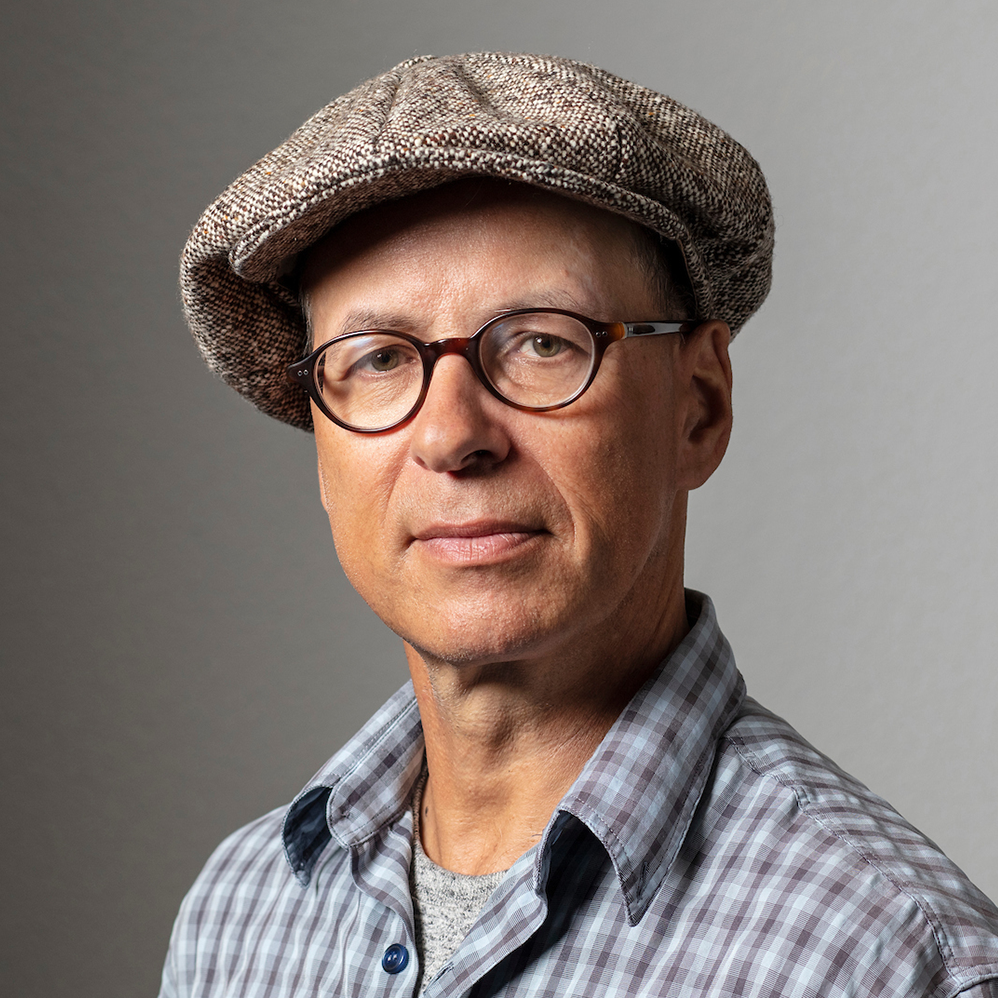
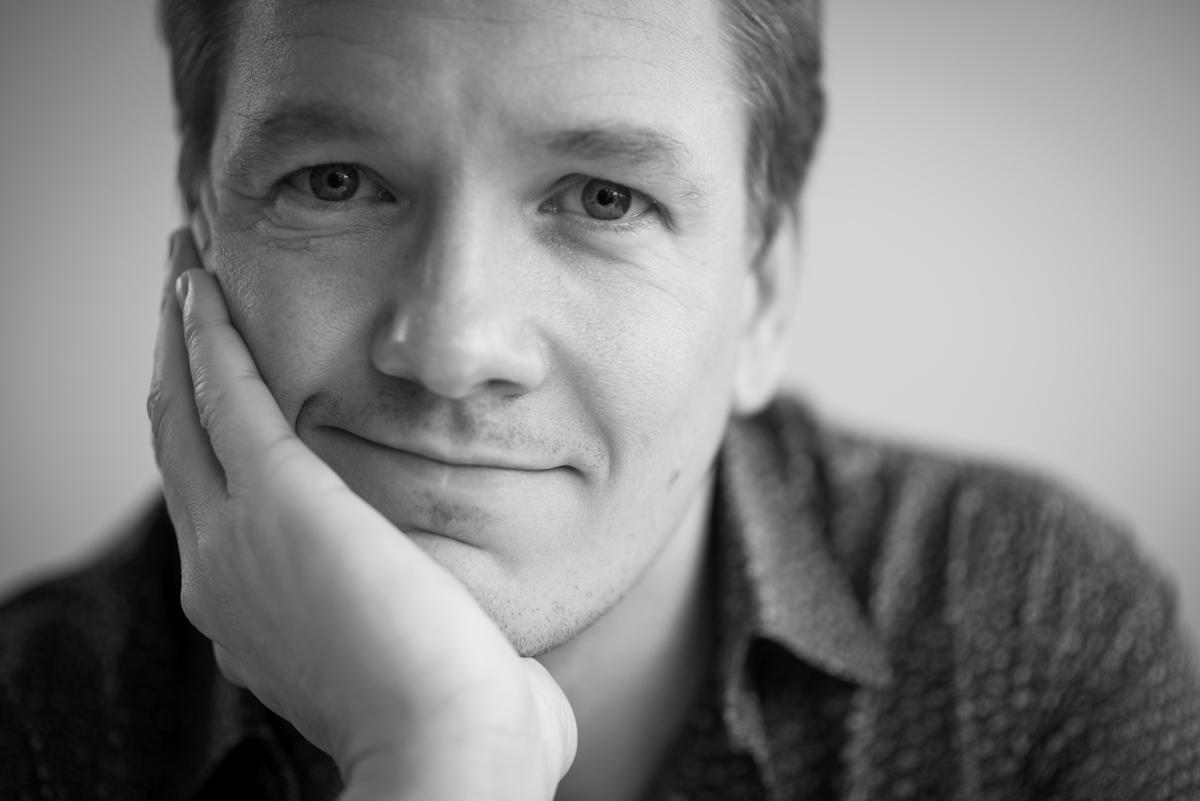
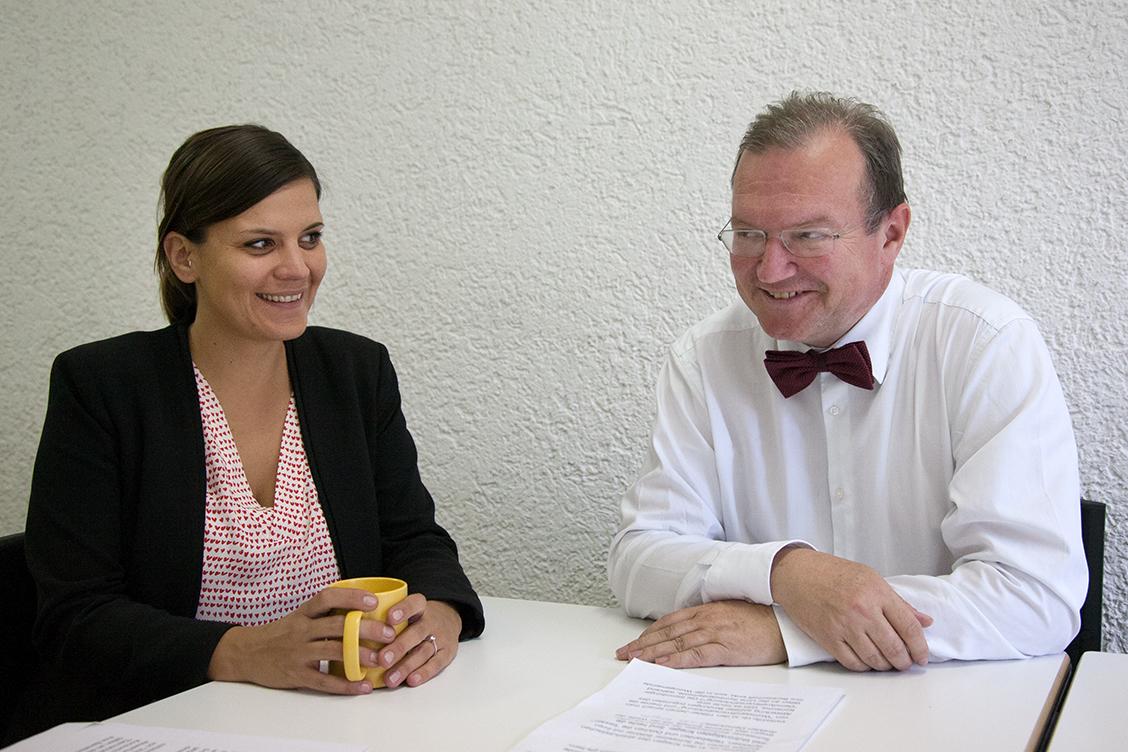

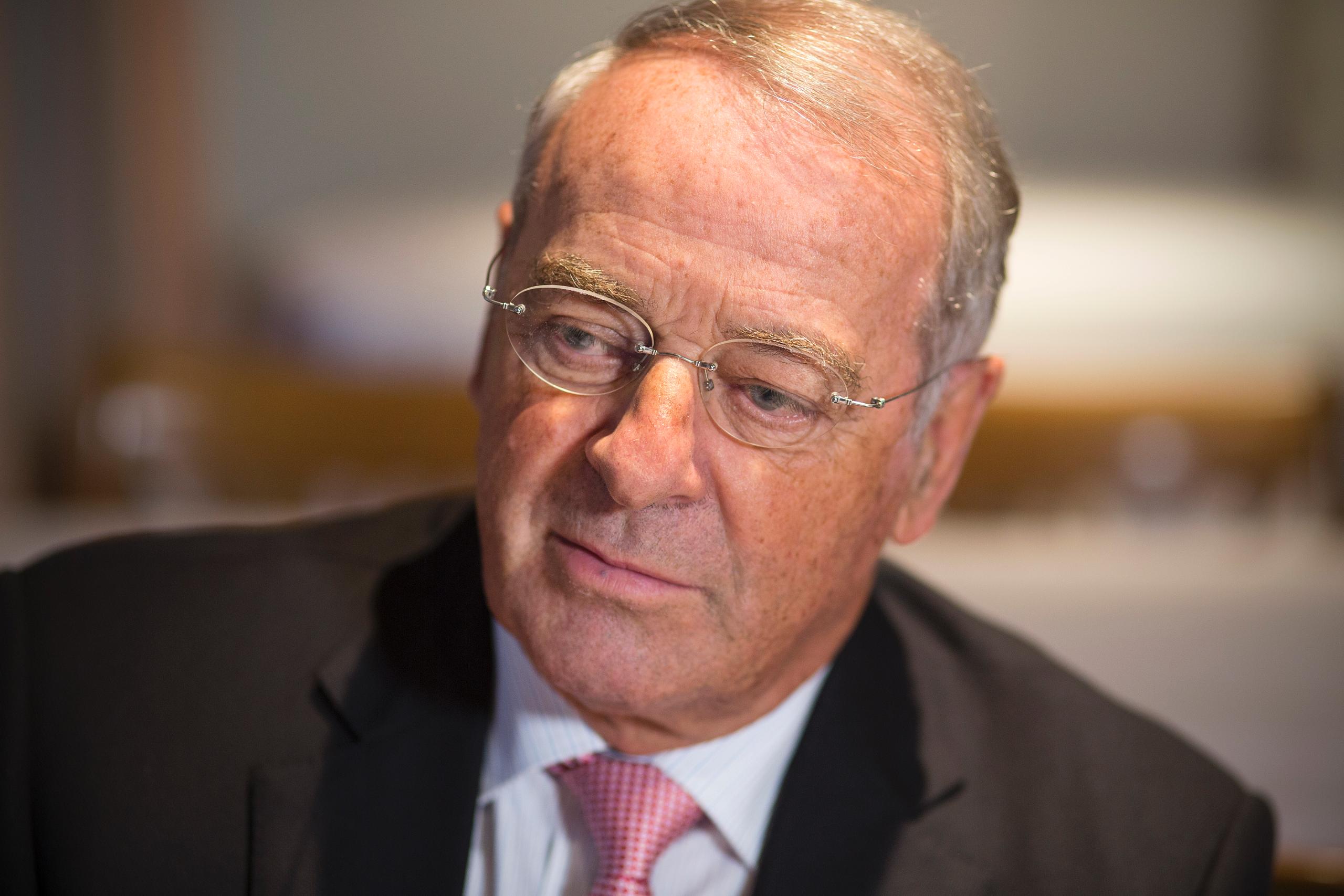

You can find an overview of ongoing debates with our journalists here. Please join us!
If you want to start a conversation about a topic raised in this article or want to report factual errors, email us at english@swissinfo.ch.